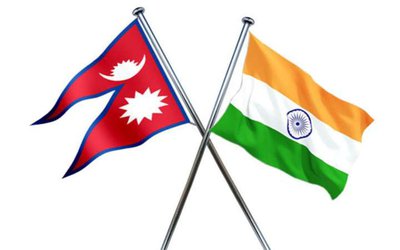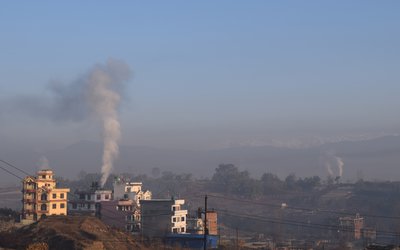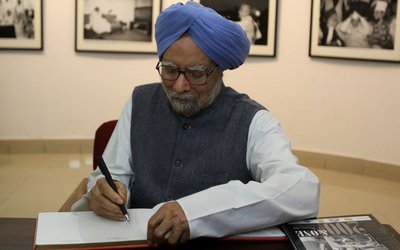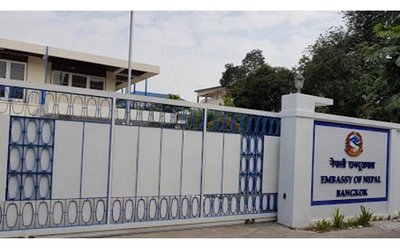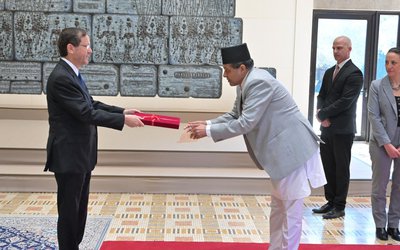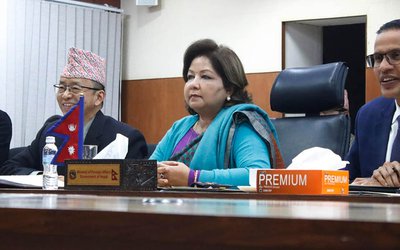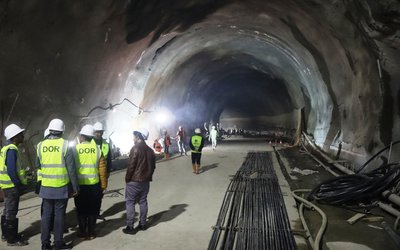Nepal has had 24 governments in the pat 25 years to give space to many political parties and creating loopholes for the possible misuse of resources. Jumbo cabinet was a compulsion of coalition governments. There were several splits of the existing ministries to accommodate several political parties into the government that had lent their support for survival. Political parties with one member in the Parliament were also appointed as ministers.
Now, the politics have taken a new turn with the rise of left alliance of CPN (UML) and Maoist Centre. The left alliance has a comfortable majority. If so, why is the new government going for compromises? Is majority government not sufficient for political stability and economic prosperity?
I am raising the above issue in the context of the compulsion of the new government to split 3 ministries to accommodate more political parties in the government. The decision to increase the number of ministries to 21 is against the spirit of federalism and against the popular verdict.
The directives of the State Affairs Committee of the Parliament proposed only 15 ministries in the national government, while the High Level Federal Administrative Restructuring Committee had proposed 18 ministries. Given the power separation between the federal, provincial and local governments, 14 ministries in the national government and 5 ministries in the provincial government are enough.
Adding new ministries will add bureaucratic layers, hamper decisions and consume additional scarce resources. This again shows that mainstream political parties are trying to keep power and resources within them wherever possible. While on the other hand, local government units are not adequately resourced and empowered. This is a recipe of political instability.
Political stability does not only mean the continuation of the same political party or the prime minister in the government. It also means political accountability with value-based politics. We expect competent leadership with vision, integrity and action for good governance and economic growth.
The local government should now be providing 60% of development services to local people on health, education, water supply, sanitation, roads, agriculture and disaster management. There are lacks of staffing and slow delivery of services despite additional resources. There are several rural municipalities without roads, several rivers without bridges, several health posts without medicines etc. The majority government should immediately work on these issues rather than party adjustment.
The majority government must stop ad-hockisms, and any structural move must be based on scientific study.
A
good beginning is half the battle won. The majority government must be mindful
that the government stability alone does not deliver political stability. The
government must deliver the results felt by the people that will ensure
political stability beyond party adjustment.
- World Humanitarian Day 2024: Committing to Peace and Accountability
- Aug 19, 2024
- Nepal Investment Summit: Unlocking Economic Potentials For Growth And Development
- Apr 28, 2024
- Investing In Women: Accelerating Progress
- Mar 10, 2024
- Embracing The 'Empty Chair: Advancing Global Inclusivity And Equitable Development
- Dec 29, 2023
- Mental Health In Youth
- Jul 16, 2023

